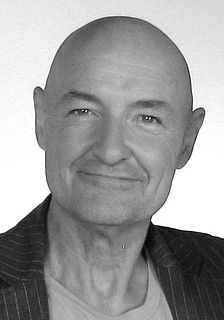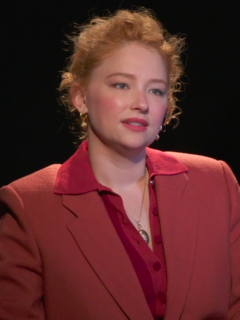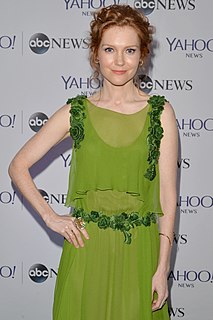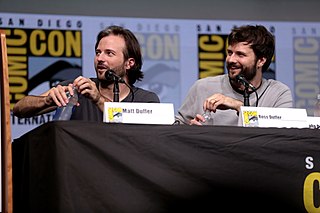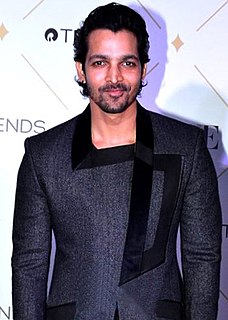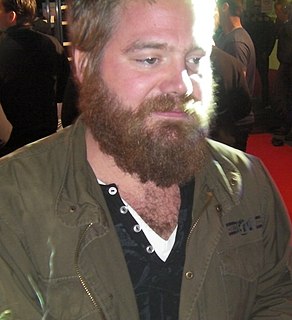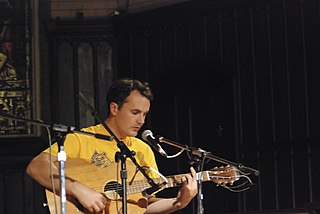A Quote by William Shatner
When I did the film Generations, in which the character died, I felt like a guest for the first time. That made me very sad.
Related Quotes
Even if the film doesn't come out quite as you'd hoped, the process can also be very rewarding. I feel that way about a film called 'Lay the Favorite' that I made with Stephen Frears. I did that because the character was a real leap for me. The film doesn't quite all add up internally, but I feel very proud of what I did on it.
Deeply, he felt the love for the run-away in his heart, like a wound, and he felt at the same time that this wound had not been given to him in order to turn the knife in it, that it had to become a blossom and had to shine. That this wound did not blossom yet, did not shine yet, at this hour, made him sad. Instead of the desired goal, which had drawn him here following the runaway son, there was now emptiness.
There's not a formula that I'm following; it's just how I feel at the time. For instance, I did a very experimental film called 'Hardcore Henry,' and that was simply because I thought the filmmaker was very interesting and a risk taker. A film like that had never been made before, so I chose to do that at the time.
As a kid, we had one television channel and a sad little roller rink. And there was not much else to do. So I used my imagination all of the time growing up. That's the main way I played. When we moved and I went to high school, I did my first play, and I was completely addicted to theatre. It felt like home; it felt natural.
The people I met for the first time in the period when I was making films like 'Tum Bin,' 'Ra.One,' 'Dus,' 'Cash' would often remark that I was very unlike the person who had made those films. This is not the best thing for a film-maker to hear because your film should reflect your personality, thinking, philosophy and character.
We made 'Mickey and the Bear' with barely any money with a first-time director, a first-time director of photography, and a crew who had just graduated from NYU film school. We were all very much in this together for the first time. There's no famous actor or big explosions. It's not a Marvel movie. I thought nobody was going to see this film.
For me, there's one film at a time, and my only benchmark is that my current film should be better than my last one, and I've made sure of that. If you Google the trailer of my first film - which I request you not to - you'll see the vast change in my approach towards my profession and the slow gain of maturity in performing.
After I made 'A Crow Looked at Me,' I remember people saying things to me like, 'You've made a beautiful tribute to Genevieve.' And I felt like, no! No no no, I haven't. I made a tribute to my own destruction and desolation. This is not a portrait of her. That's not who she was. She wasn't just a person who died.



